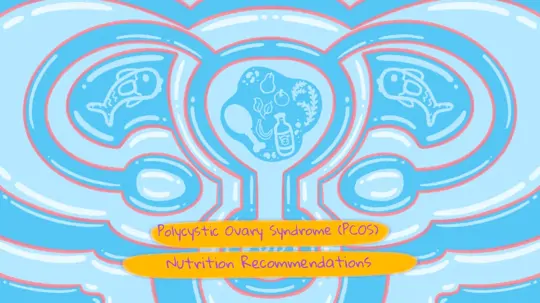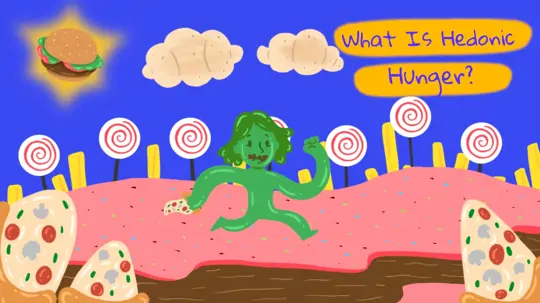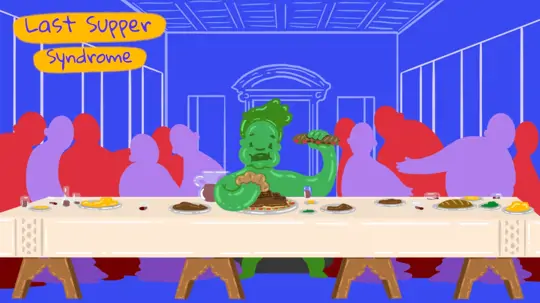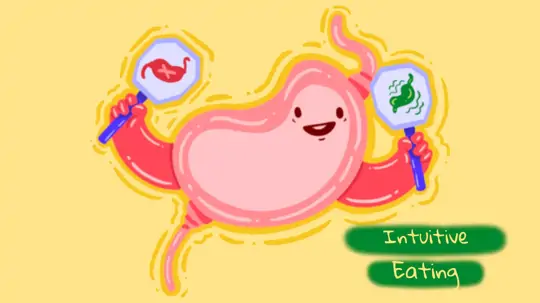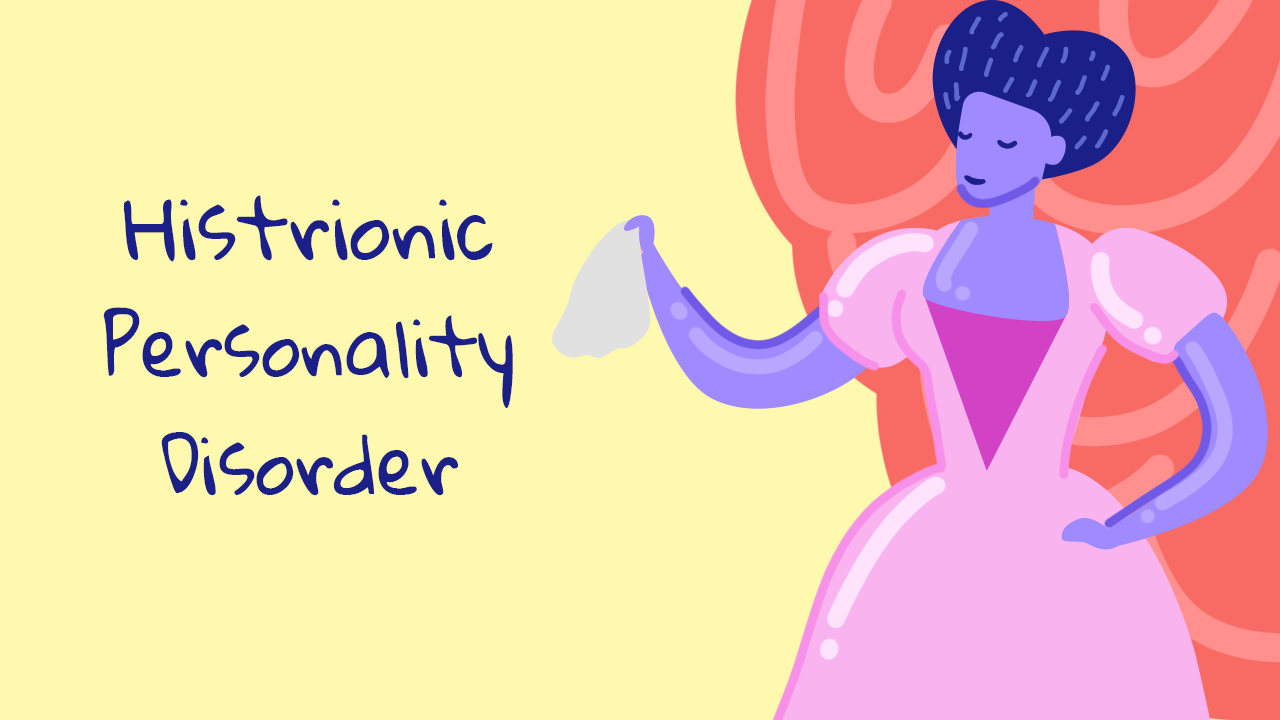
Start feeling better today!
Connect with your therapist today and take control of your life like our 850.000 happy clients.
Get StartedThe Concept of Personality
Personality is defined as the set of adaptive characteristics that distinguish an individual from others and make them unique. It is made up of the affective, cognitive, and behavioral patterns that an individual has developed to adapt to their inner and outer worlds based on their cognitive and emotional evaluations. These patterns are the person's ability to exhibit specific reactions in specific situations, as well as their defense mechanisms.
Personality and character are frequently used interchangeably, but they are not. Personality is made up of two parts: character and temperament. Childhood is critical for the formation of an adult personality. Personality structure, however, should not be confused with a personality disorder. So, what exactly is a personality disorder?
What is a Personality Disorder?
Personality disorders are a type of psychiatric disorder in which a person develops rigid, unyielding, and maladaptive thought and behavior patterns. Personality disorders have a significant impact on social and occupational functioning as well as causing interpersonal distress. Personality disorders typically manifest themselves in adolescence or early adulthood. So, what are the different kinds of personality disorders?

Types of Personality Disorders
- Paranoid personality disorder
- Schizoid personality disorder
- Schizotypal personality disorder
- Antisocial personality disorder
- Borderline personality disorder
- Histrionic personality disorder
- Narcissistic personality disorder
- Avoidant personality disorder
- Obsessive-compulsive personality disorder
What Causes Personality Disorders?
| Genetics | Developmental factors | Environmental factors | Neurobiology |
|---|---|---|---|
| Any psychiatric disease in a family member may increase the likelihood of other psychiatric diseases. Environmental factors may also increase the risk. | Prenatal, perinatal, and postnatal conditions affecting the central nervous system may predispose to personality disorders. | Family and social environments have a significant impact. After World War II, for example, the prevalence of antisocial and borderline personality disorders increased. | Neurobiology is an important factor, according to studies on serotonin and testosterone levels. |
Histrionic Personality Disorder
People with histrionic personality disorder may seek attention, magnify and dramatize events, be impatient, and have exaggerated emotional reactions. They try to appear ostentatious, and they can be seductive. In their relationships, they demonstrate dependency. Despite their desire for love, they are unable to form healthy relationships, become sincere quickly, or feel rejected quickly.
It is often confused with borderline and narcissistic personality disorders. Borderline personality disorder, on the other hand, differs from histrionic personality disorder in that it is characterized by feelings of emptiness and self-harm. The expectation of praise as confirmation of one's superiority distinguishes narcissistic personality disorder from histrionic personality disorder.

Somatoform disorder, a psychiatric disease, frequently coexists with histrionic personality disorder. People with histrionic personality disorder frequently have a history of childhood sexual trauma.
The words histrionic and hysteric are often confused. However, they have different roots and meanings. Histrio means "actor" in Latin. Hysteria comes from the Greek word Hystera, meaning "womb."
Diagnosis of Histrionic Personality Disorder
Cross-sectional evaluation can lead to misdiagnoses in personality disorders. Regular follow-ups with the person at regular intervals can help make a diagnosis. Each personality trait's evaluation within its own framework should include consideration of distinct personal, socioeconomic, and cultural factors.
Tests such as EEG, CT, MR, PET, and SPECT should be used to rule out secondary personality changes caused by other organic diseases. Personality structuring, deficit and conflict profiles, and defense mechanisms can all be identified using projective tests (Rorschach, TAT, DAP, and so on).
Tests such as the MMPI-PD, SCID-II, DIPD, DIB-R, and TCI (Temperament and Character Inventory) allow you to evaluate points that unstructured interviews may miss.
Prognosis of Histrionic Personality Disorder
It is mostly stable. Other psychiatric diagnoses may aggravate the prognosis. Modification and improvement in histrionic personality disorder can be seen as the person ages.
Positive Prognosis
The presence of high intelligence, artistic abilities, and special skills affects the prognosis positively.
Negative Prognosis
Alcohol or substance abuse, a history of serious physical or sexual abuse, the presence of severe impulsivity problems, and anti-social characteristics all have a negative impact on the prognosis.
Treatment of Histrionic Personality Disorder
Patients with personality disorders are rarely admitted to medical facilities. Because of psychiatric comorbidities, they are usually examined by psychiatrists. The following are the goals of the personality disorder treatment process:
- Crisis management
- Behavior Modification
- Social adjustment
- Spiritual maturation
Suicidal ideation and aggression during treatment may necessitate short-term hospitalization. Aside from these emergencies, treatment is typically maintained through outpatient follow-ups. Psychotherapy is the first treatment option. Medication can also be an option in addition to psychotherapy. They are used to treat acute symptoms like anger, anxiety, impulsiveness, and aggression.
Treatment includes antidepressants such as selective serotonin reuptake inhibitors and serotonin noradrenaline reuptake inhibitors, as well as mood stabilizers such as lithium, carbamazepine, and valproic acid.
References
- Nestadt G, Romanoski AJ, Chahal R, Merchant A, Folstein MF, Gruenberg EM, McHugh PR. An epidemiological study of histrionic personality disorder. Psychol Med. May 1990; 20 (2):413-22.
- Öztürk MO , Uluşahin NA 'Mental Health and Disorders', Nobel Medicine Bookstores, Ankara, 2020
- Kulaksızoğlu IB, Tükel R, Üçok A, Hakim İ ,Yazıcı O. 'Psychiatry', İstanbul University Press and Publishing House, İstanbul, 2009
